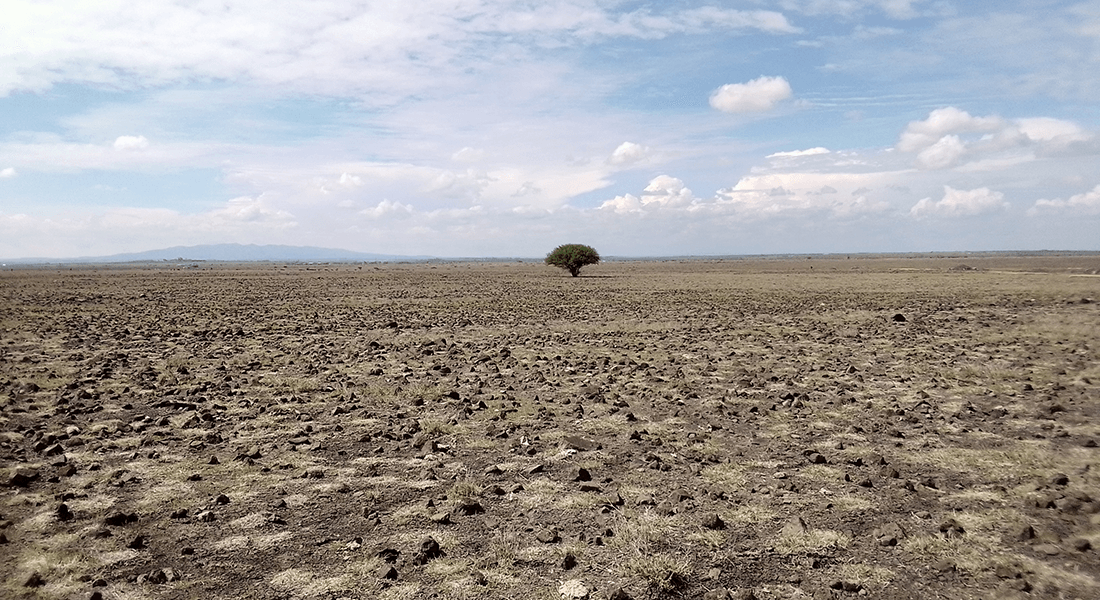Climate Change Attribution and Vulnerability in Kenya
This project will address the increasing need for linking climate change attributions with vulnerability assessments by building a transdisciplinary framework that helps to disentangle drivers of climate-related disasters. This will create a much-needed basis to highlight the role of vulnerability and exposure rather than shifting human responsibility to nature. Through case studies in different rural and urban communities in Kenya, the project merges scientific developments in climate attribution science with social-political understandings of vulnerability and provides a novel framework to document disasters.

The intensity of extreme weather events is on the rise everywhere causing disruption and often harm to our lives and livelihoods. In recent years, climate scientists have been able to measure the extent to which human-caused climate change is responsible for changes in the frequency and magnitude of such weather events. However, current studies predominantly focus on hazards affecting the global North and on understanding changes in weather patterns in isolation from socio-economic and political factors conditioning the resilience of a community. This raises a crucial question about how these advances in climate sciences can be combined with a human-centered approach to vulnerability to create climate resilient societies.
"I'm overjoyed to learn that our project proposal has been funded. This is especially thrilling because I get to work on my field of interest and in a region that desperately needs this type of work. The grant will allow us to understand how climate change is modifying patterns of extreme weather events in Kenya and develop holistic methodologies to address impacts, leading to better decision making for climate-resilient development. For researchers, this offers a great opportunity for interdisciplinary collaboration, growth, and scientific progress in the field” says Joyce Kimutai, Climate scientist, Kenya Meteorological Services.
“Devastating extreme weather events in recent years have shown that climate change is not a future threat, but costs lives and livelihoods today, across the world. However, these losses and damages are highest, where vulnerable communities live which is most often in the Global South, where data and research is sparse. If we are serious about climate justice, research needs to prioritise these parts of the world in order to assess who is harmed by present day climate change and how vulnerability can be reduced to increase resilience. Now, with the establishment of the UNFCCC loss and damage fund this is more urgent than ever, so funds can reach those in need and prevent future losses and damages” says Fredi Otto, Climate Attribution Expert, Imperial College London.
Baumgart, N., Kimutai, J., Otto, F., Bianchi, C., Lebuluz, S., Cemin, A., & Raju, E. (2024, January). Heatwaves in the Shadows: The Overlooked Threat to East Africa - Synthesis of two Scoping Reviews. Poster session presented at SUN IS SHINING, Copenhagen.
- University of Copenhagen: Emmanuel Raju, Anne Bach Nielsen
- Imperial College London: Friederike E L Otto
- University of Nairobi: Gilbert Ouma, Maggie Opondo
- Kenya Meteorological Department: Joyce Kimutai, Patricia Nying'uro
- Danish Meterological Institute: Mark R. Payne
- Kenya Red Cross Society: Oscar Lino

